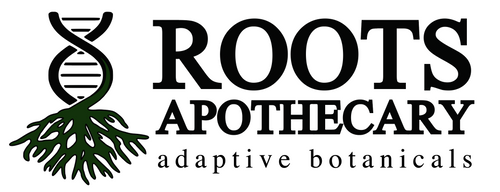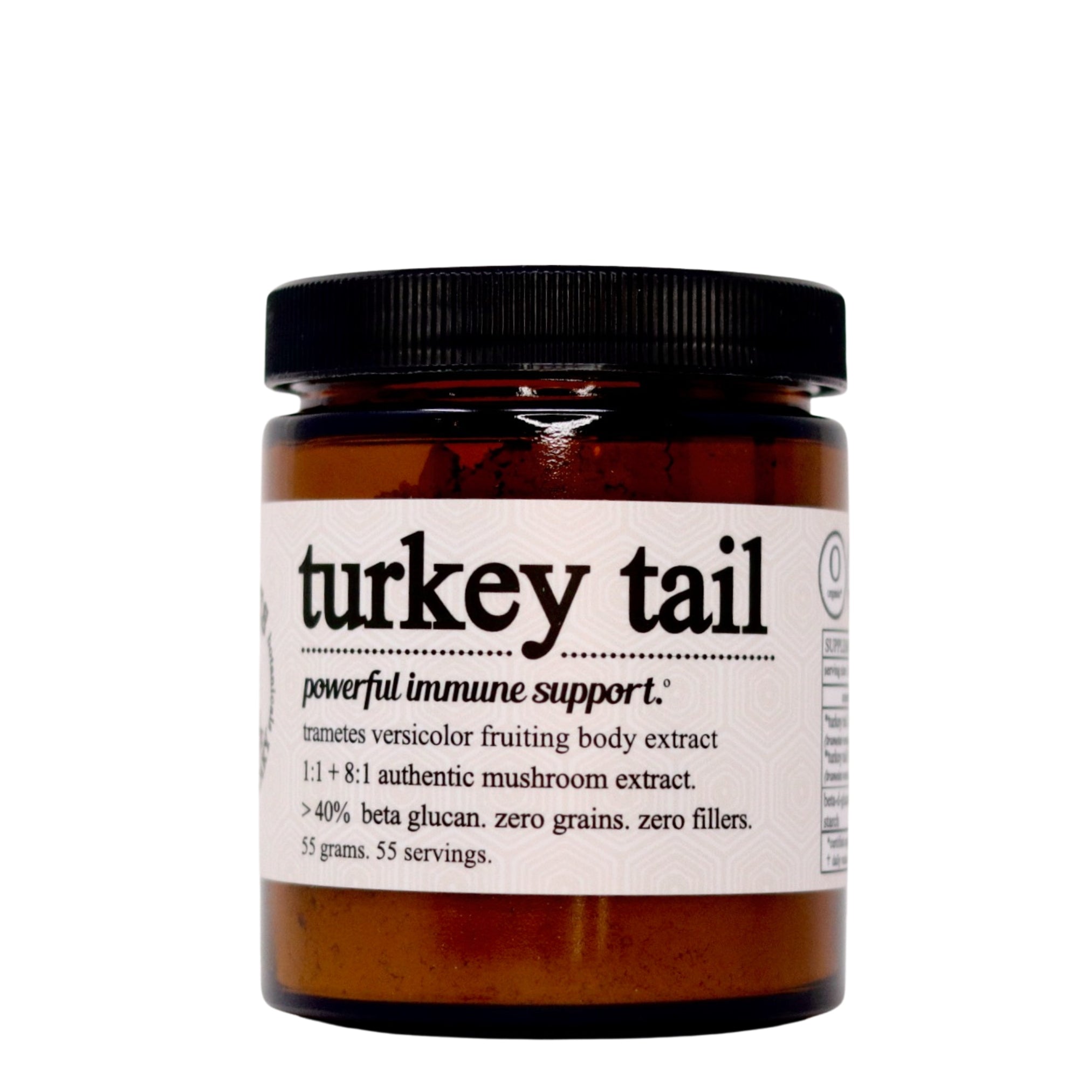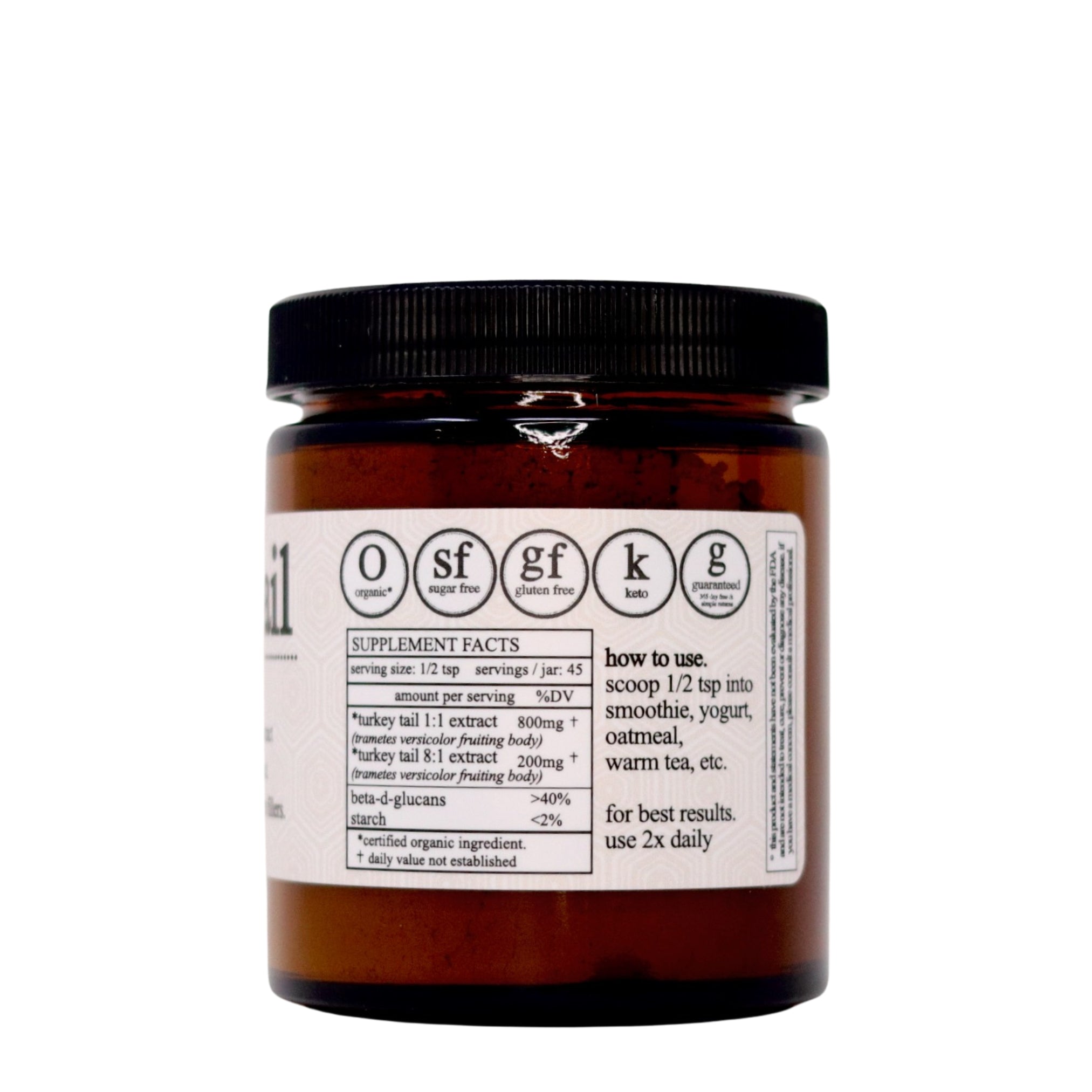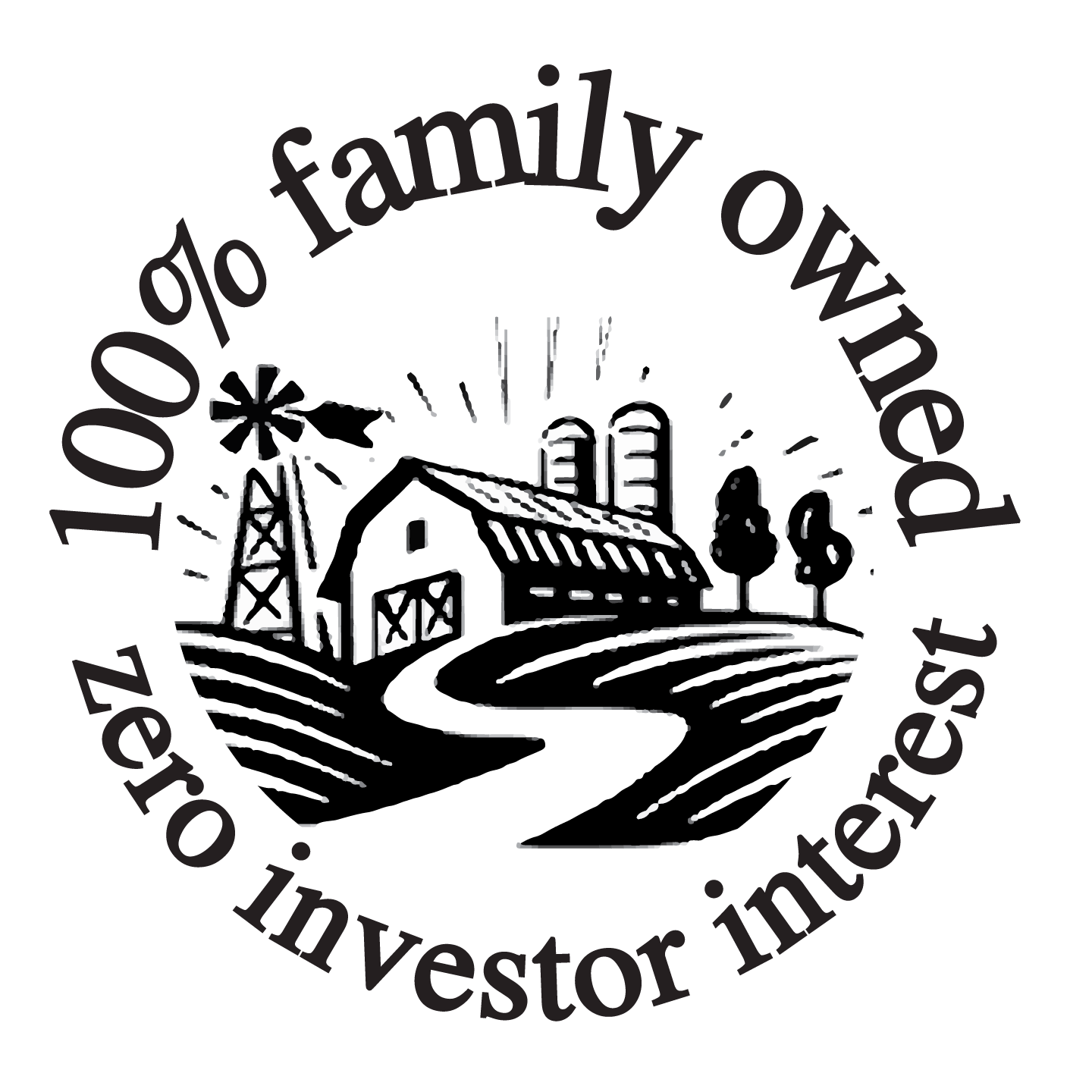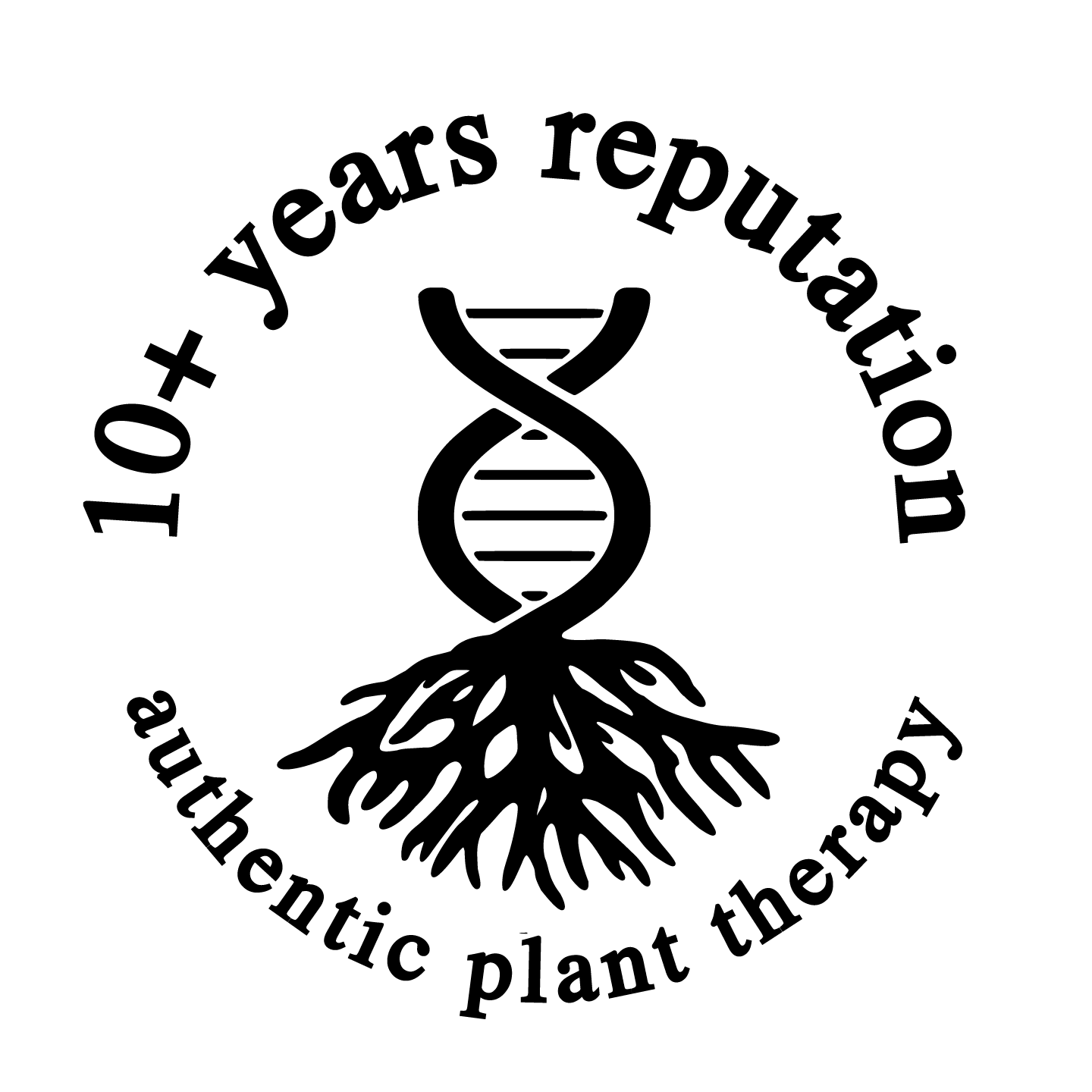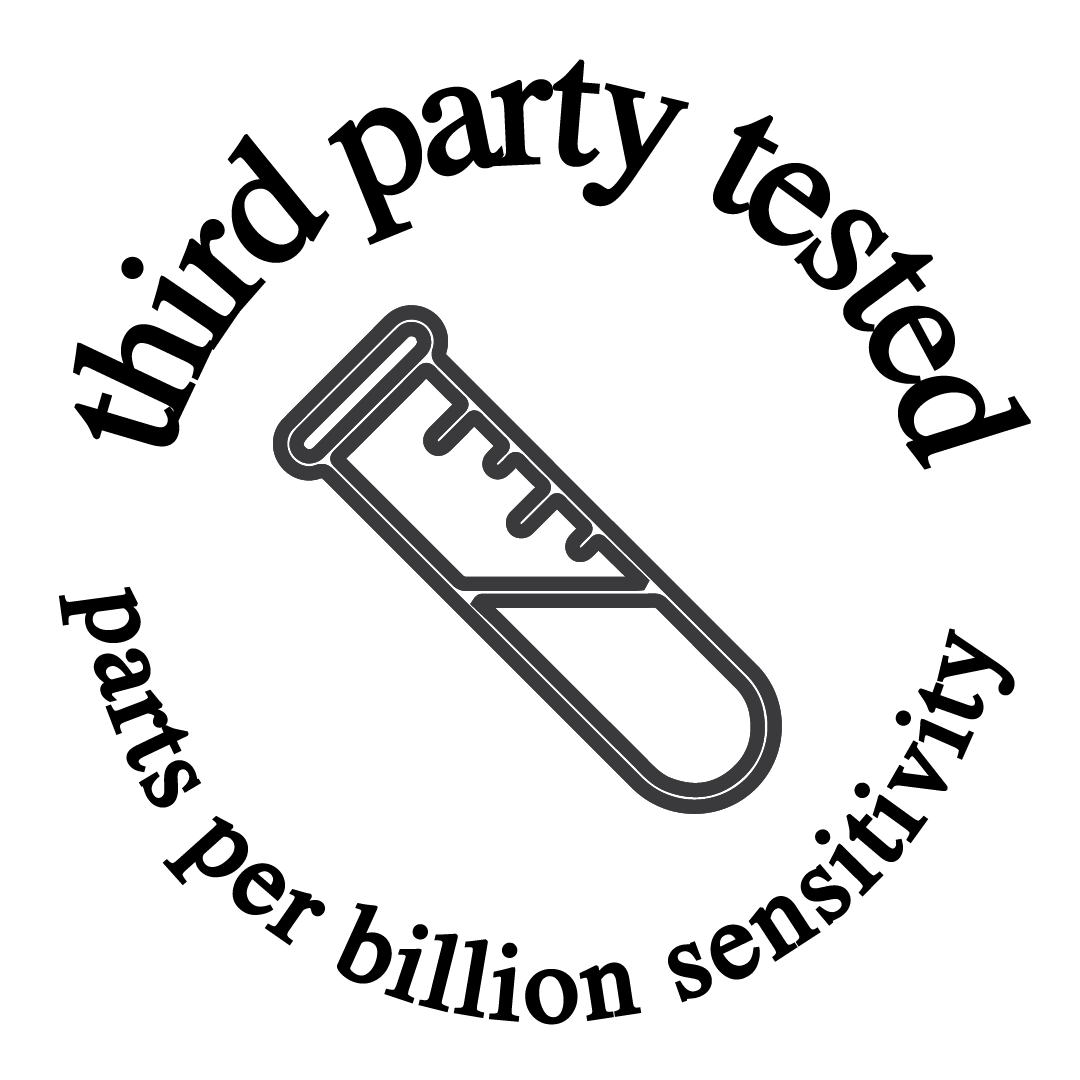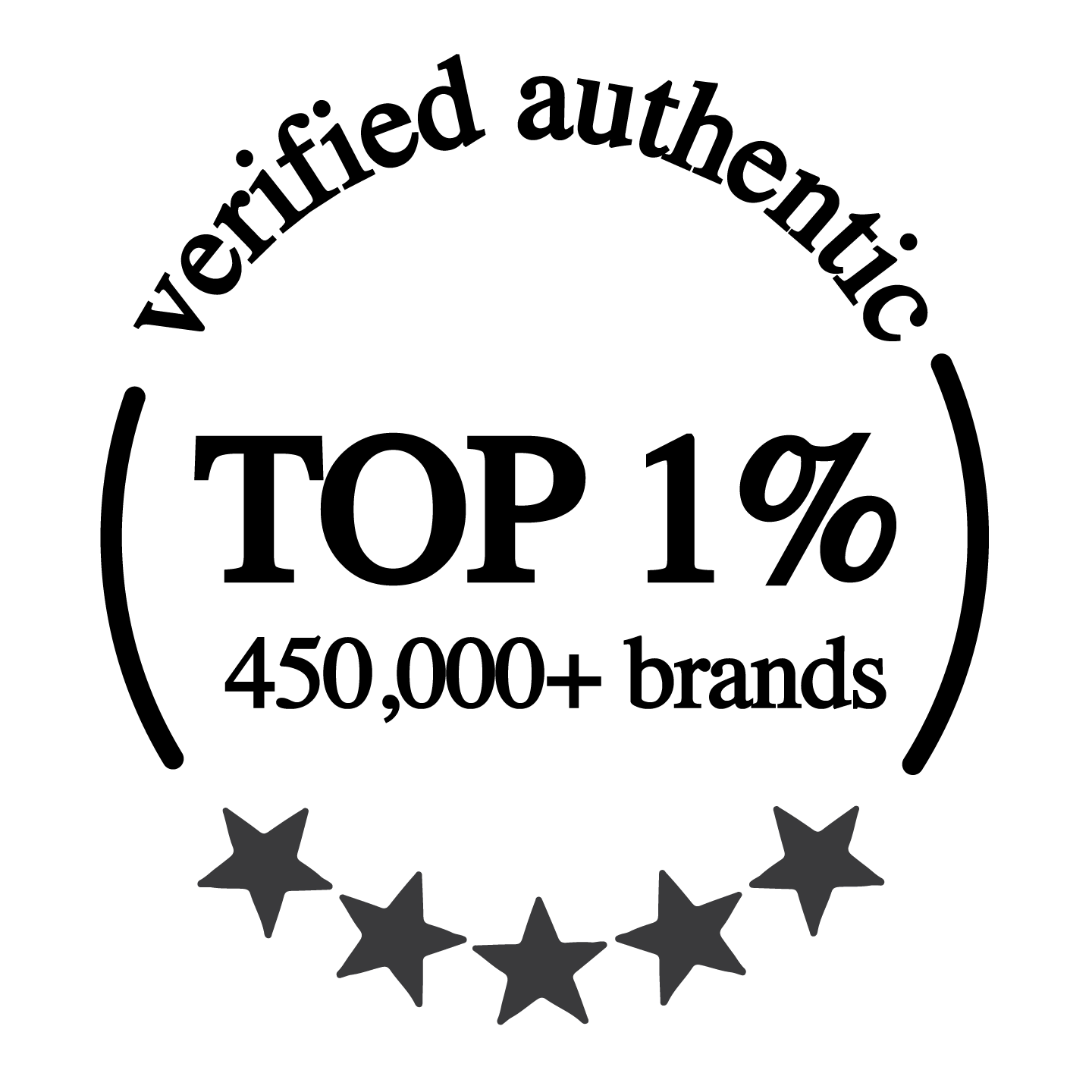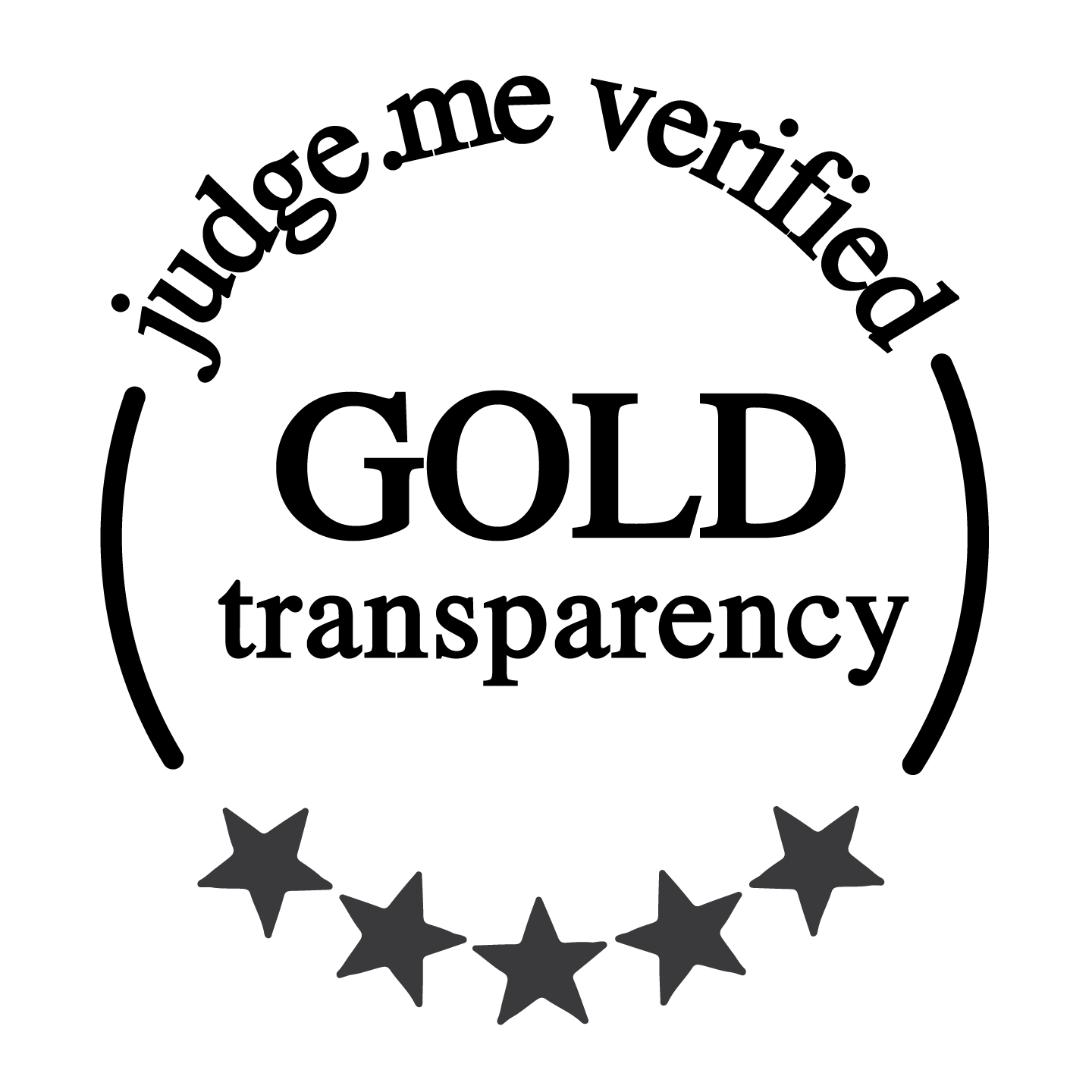immune system.
in the jar.
*turkey tail 1:1 (fruiting body)
*turkey tail 8:1 (fruiting body)
* certified organic ingredient.
>45% beta-d-glucan
<5% starch
55 grams. 55 servings.
serving size. 1/2 tsp (1,000mg)
1,000mg authentic turkey tail mushroom extract / serving.
recommended 1-2x daily.
turkey tail is packed with anti-oxidants, immunomodulating and anti-inflammation compounds like the flavonoid quercetin which promotes the release of immunoprotective proteins, while inhibiting the release of pro-inflammatory enzymes which helps bring the inflammatory response into balance. turkey tail also contains krestin (PSK) and polysaccharide peptide (PSP) which give turkey tail additional immune supporting and anti-inflammatiory properties. PSK promotes immunity to toxins, regulates the immune response and activates macrophages, which protect your body against harmful bacteria and consume dead cells.
we do it right.
all roots apothecary mushroom extracts are certified organic and lab tested to verify beta-glucan content and therapeutic compounds. our mushrooms are grown on native substrates and always extracted from the fruiting body. if you’re wanting the powerful benefits of performance mushrooms, choose organic extracts from the fruiting body to maximize both therapeutic compounds and bio-avilibity.
extracts are better.
mushrooms are often dried and ground into a powder. this is cheapest way to produce a supplement, but it provides the least health benefits. essential beta-glucans need to be extracted from the cell walls of a mushroom. these cells are made of an indigestible fiber called chitin. the human body can’t easily absorb chitin, and so the beta-glucans end up passing through rather than being absorbed. extracts break down chitin, making beta-glucans available for absorption.
fruiting body has the good stuff.
fruiting body refers to the actual mushroom cap and stem. myceliated grain is the root system of a mushroom grown on top of a grain substrate resulting in approx. 50% roots, 50% filler, and 0% of real mushroom. mycelium is cheaper and faster to produce than waiting for a full proper mushroom. beta-glucans are found in the fruiting body, not the mycelium.
a boom and bastardization.
mushrooms have been around for a long time. the greeks labels mushrooms as “food for the gods” and hippocrates, circa 450bc, classified mushrooms as a potent anti-inflammatory. there are countless examples of mushrooms being recognized for their medicinal properties throughout history. performance mushrooms are becoming very popular in modern holistic health and western medicine for their and ability to calm the stress response, reduce inflammation, promote neurogenesis and plasticity, strengthen beneficial gut flora, support the immune system, fight pathogens, increase sustainable energy and much more. like most natural remedies that go mainstream, the mushroom industry is flooded with low quality products that testing low in beta-glucan and active compounds. when a mushroom tests high in polysaccharide, but low in beta-glucan content, it's basically an exotic potato. high in starch, low in therapeutic value, and deceptive above all. while the booming popularity of performance mushrooms is bringing mainstream attention to these healing enigmas, the bastardization of quality and authenticity makes it difficult to find a product that packs the therapeutic benefits found in nature. if you’re interested in the benefits of mushrooms, you should know what you’re getting.
